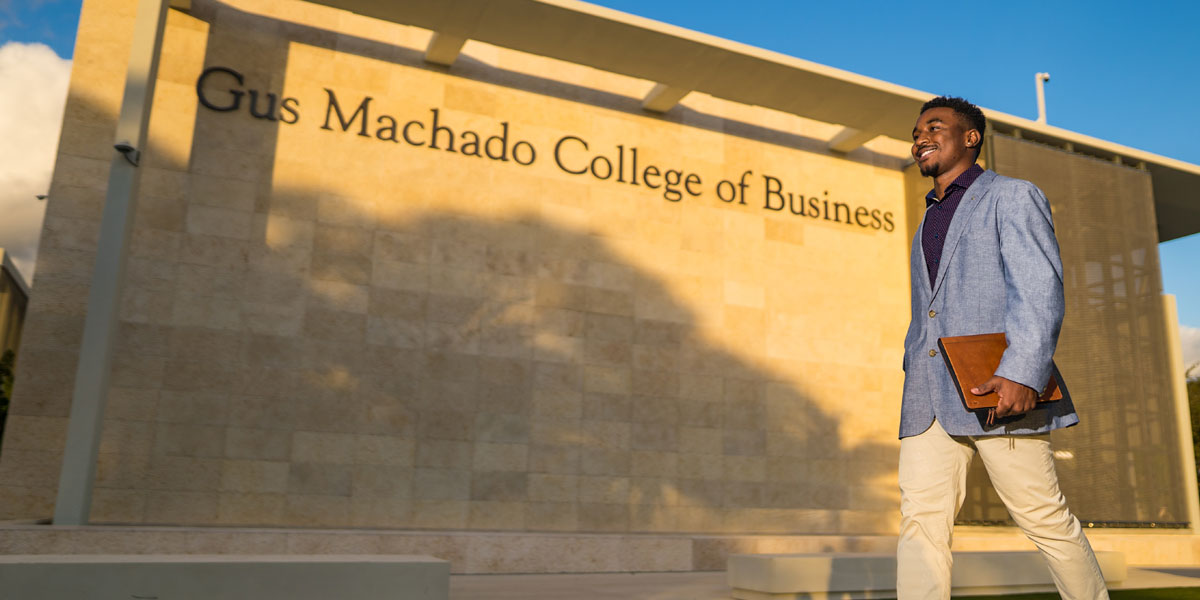Gifts of Real Estate

Satisfaction and Joy
Our donors sometimes wonder if they should make a gift of real estate during their lifetime or wait until their passing (using a bequest in their will or living trust). While making a gift of real estate by bequest lets you retain control of the property should you need it to meet personal needs during your lifetime, there are definite advantages to accelerating your gift for you to consider.
By giving your real estate to St. Thomas University while you are living, you can experience the immense satisfaction of seeing your gift in action. If it is property STU will sell, you can see the cash proceeds put to work as you desire. If it is property that STU will retain and use, you will have the joy of seeing your property improve and enrich the lives of others every day.
Peace of Mind
Peace of mind comes from making a real estate gift during your lifetime. You have the knowledge that the gift has been made and that nothing will intervene to delay (or worse, negate) your transfer down the road. In addition, the executor of your estate will not have to worry about the property when you are gone. Otherwise, your executor, who may well be a friend or loved one, must step in and manage the property until it is deeded over to STU.
In addition, you are instantly relieved of ownership concerns and worries. No more management duties and responsibilities; no more real estate taxes or property insurance to pay; no more potential, however remote, for personal liability due to property conditions..
Tax Savings
As long as you have owned the real estate more than one year, you will receive an income tax charitable deduction in the year of the gift for the full fair market value of the property, even if it has grown in value since you purchased it. This means you can save on both federal and state income taxes immediately, giving you more cash to spend today on the things you need or want. In addition, there will be no tax due on the capital gain in the property. This means that you will not only save on income taxes, but also do so with a deduction based partly on appreciation that was never taxed.
Income tax charitable deductions for gifts of appreciated real estate can be reported up to 30 percent of adjusted gross income, with any excess deduction used over up to the next five years (used up to a total of six years).
Example:
Emily wants to make a substantial gift to St. Thomas University. She just happens to own an undeveloped piece of land outside Miami she longer needs. She purchased the land several years ago for $100,000. She had it professionally appraised recently and was surprised to learn it is now worth $400,000. If Emily were to sell this land, she would pay a considerable amount of capital gains tax (at least $45,000 in federal tax). Instead, Emily decides to give the property to St. Thomas University. She is entitled to a charitable income tax deduction for the full market value (as determined by an independent appraiser she hired), she does not pay capital gains tax, and she is able to make a sizable gift to the university. When St. Thomas University sells the property, it will not pay any capital gains tax since it is a tax-exempt charity. The full amount of the proceeds (less any selling expenses) will be used by the university to further its mission.
A gift of real estate during your lifetime is just one way to benefit the organization you care about. You can always give your real estate after your passing by including STU as a beneficiary in your will or trust.
Please let us know if we can help

Vice President of Philanthropy
Phone: (305) 628-6796
rhoffman@stu.edu
16401NW 37th Avenue
Miami, FL 33054
This information is not intended as legal, accounting or other professional advice. For assistance in charitable planning, consult an attorney for legal advice or obtain the services of another qualified professional.
Tax ID # 59 – 094 9880


